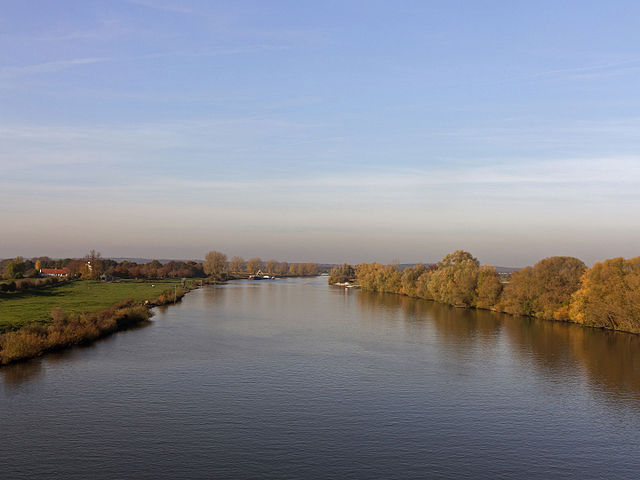PFAS in pesticides are a threat to drinking water: FD

Water companies are worried that new projected EU guidelines to combat PFAS chemicals do not include a ban on their use in pesticides and say this is threatening drinking water quality.
The EU plans to stop the use of the harmful “forever” chemicals in many industries but not their inclusion in pesticides. But PFAS-based pesticides are widely used in agriculture and this is unacceptable, Harrie Timmer of water company umbrella orginisation Vereniging van Waterbedrijven Nederland (Vewin) told the Financieele Dagblad.
The European guidelines do not include a ban on pesticides because these fall under separate EU regulations but Dutch water companies and other experts said these regulations do not offer enough protection to people and the environment.
Both industry and farming lead to PFAS entering the environment, the companies say, with farmers using over a hundred tonnes of PFAS-containing pesticides on their land every year. Its use increased from 122 tonnes in 2018 to almost double that in 2021, the FD said, quoting government figures.
Compared to Germany and France, the Netherlands is a bulk consumer of PFAS pesticides, Margriet Mantingh from campaign group Pesticide Action Network Netherlands (PAN) told the paper.
In 2022, PFAS-containing pesticides were found in the rivers Rhine and Meuse in concentrations which made the water unsafe for consumption, André Bannink of drinking water organisation RIWA Maas told the paper.
“The more PFAS, the harder and more expensive it is to purify the water. But even if you can it means a huge waste of water, and energy,” he said.
Production at chemical company Chemours in Dordrecht has been partly halted because of the illegal dumping of a PFAS known as TFA without a licence and the company has been involved in several court cases.
“It is very strange to just tackle industry and leave pesticides outside the equation and we will be talking to the licencing organisations. Every year we are finding too much PFAS pesticide in the water as it is,” Bannink said.
Public health institute RIVM said it is “worried” about the situation and said it had called on the EU to introduce a reporting system. Monitoring production and trade “will show if the regulations need to be tightened,” the infrastructure ministry said.
Exposure
Some 23% of new cancer cases in Europe are partly a result of “chronic exposure to some pharmaceutical, pollutants and other occupational and environmental carcinogens”, according to the European Environment Agency.
PFAS are also implicated in compromised immune systems, especially in children, and diminished fertility.
Last week it emerged that PFAS-contaminated eggs are being found far away from the Dordrecht region where the chemical factory Chemours is based, suggesting pollution with the complex group of harmful chemicals is much more widespread than previously thought.
Thank you for donating to DutchNews.nl.
We could not provide the Dutch News service, and keep it free of charge, without the generous support of our readers. Your donations allow us to report on issues you tell us matter, and provide you with a summary of the most important Dutch news each day.
Make a donation